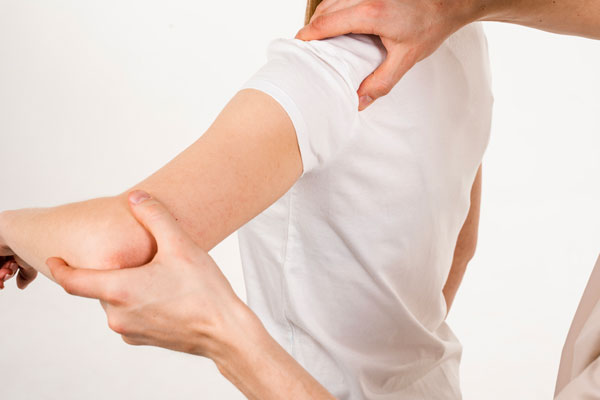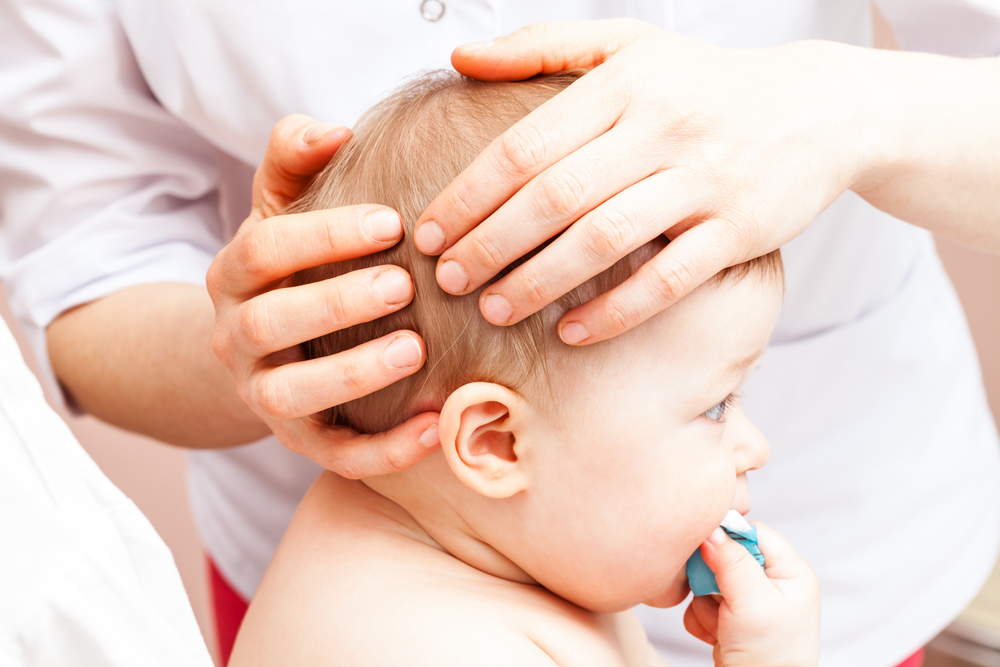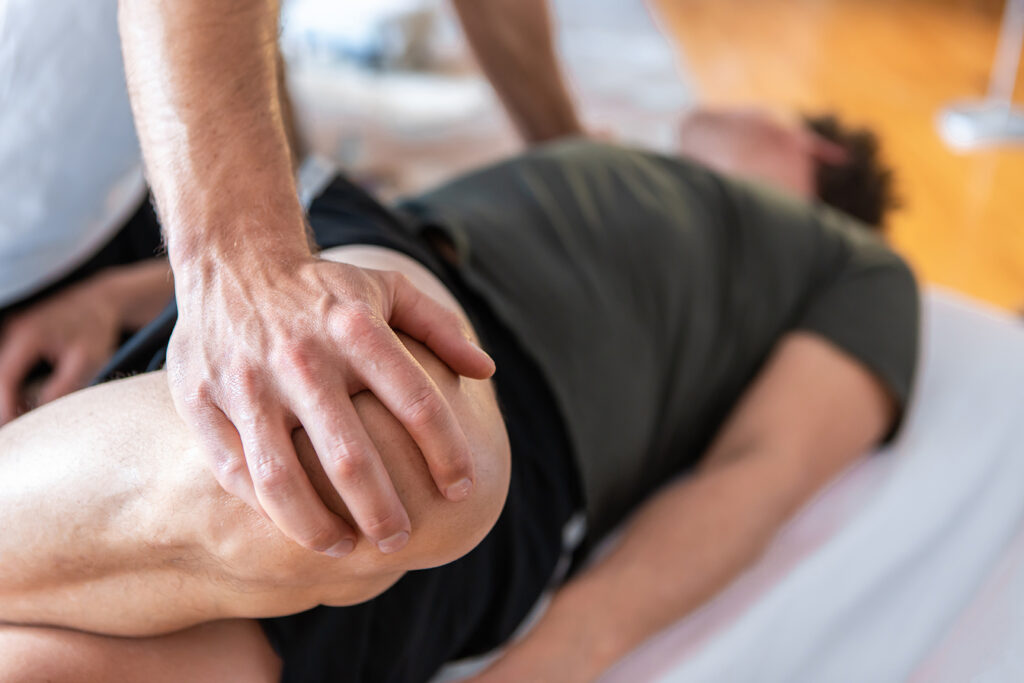What is osteopathy?

Osteopathy is a comprehensive manual therapy that treats the causes of dysfunction to improve health. Using their hands, the therapist moves and balances various parts of the body, such as bones, muscles, arteries, viscera, and more.
Where does osteopathy come from?
This approach was created by Dr. Andrew Taylor Still, a graduate of the Kansas College of Medicine and Surgery in 1856. He used his palpation skills to evaluate and provide care to his patients. In 1874, he ceased practicing “conventional” medicine and, in 1892, founded The American School of Osteopathy in Kirksville, United States. Later, osteopathy began to be taught in Europe as well as in Canada.

Osteopathy treatments
Osteopathy considers the human body as a whole, where all the systems are closely related, and it focuses on the root of the problem. To identify the issue, the therapist questions the client and then assesses the position, mobility, and vitality of the tissues. This evaluation includes observing posture, palpating, and performing active or passive mobility tests.
Subsequently, the therapist treats using osteoarticular, myofascial, cranial, or visceral techniques, sometimes applied at a distance from the site of the disorders. They use the patient’s biomechanical forces (such as breathing, muscle strength, coughing, and body levers) and “dialogue” with the tissues.
Our Osheopathy Team

At Clinique de réadaptation physique Roussillon, osteopathic treatments are provided by therapists with a solid background of knowledge. In addition to their basic health training, these therapists continued to learn osteopathy in recognized educational institutions in this field of activity. In addition, they work in interdisciplinary with other rehabilitation professionals practicing within the clinics. They will therefore be able to refer you to other services, if necessary.
Follow-up in osteopathy
Osteopathic sessions last one hour, during which the therapist works exclusively with their hands. The therapist addresses blockages observed from the very first appointment and may suggest a frequency of follow-up sessions, if necessary, that will meet your needs and expectations.

Who is osteopathy for?
Osteopathy is suitable for everyone: newborns, children, adolescents, adults, the elderly, athletes, and sedentary individuals. This approach is effective for various issues, including pain, fatigue, headaches, and digestive or respiratory disorders. It can be both preventive and curative.
Problems that may be addressed in osteopathy:
- Pain: back, neck, shoulder, elbow, wrist, hip, knee, foot, etc.
- Recent or chronic conditions
- Headaches
- Sports-related injuries
- Respiratory problems
- Post-operative pain
- Fatigue, stress
- Stomachaches, nausea, reflux, etc.